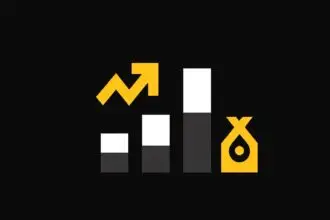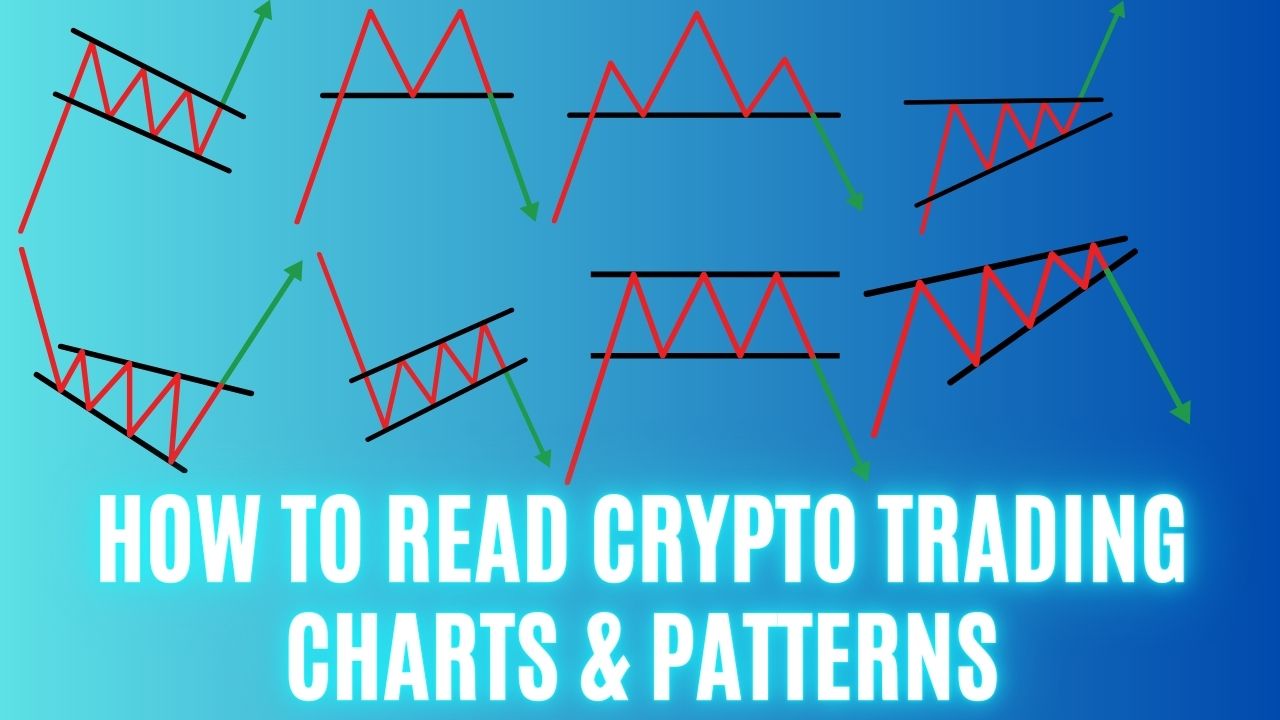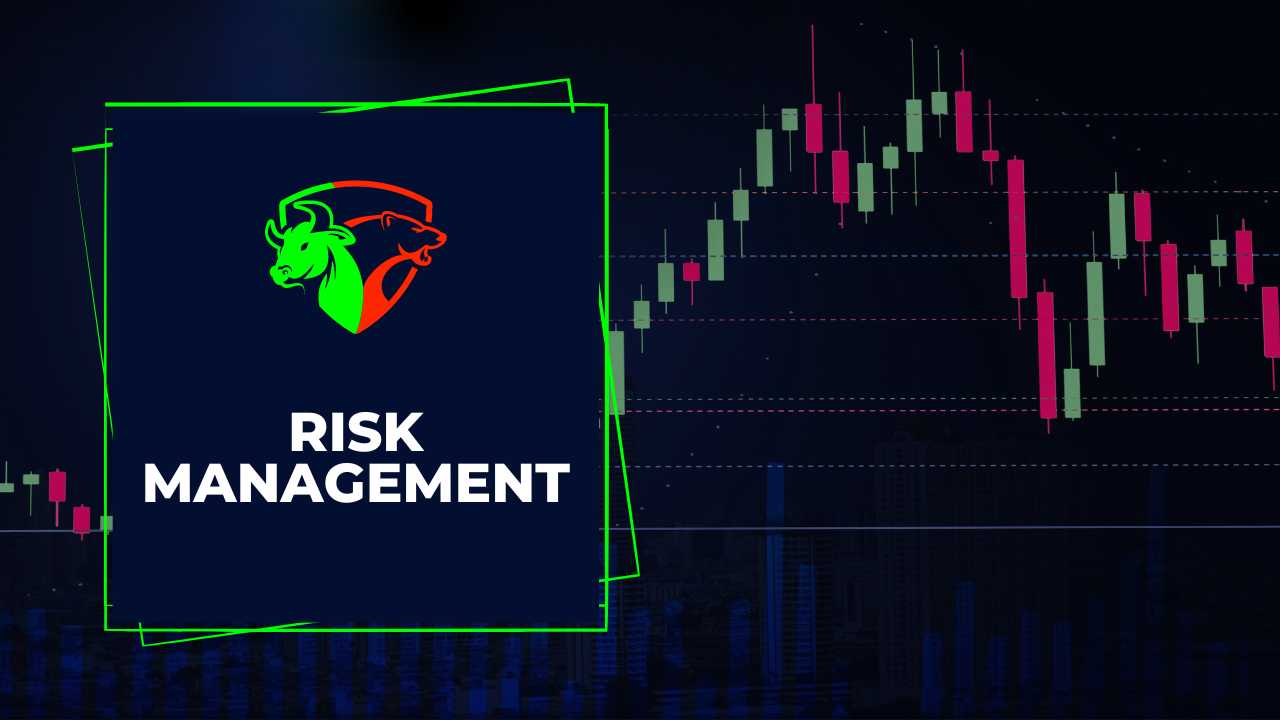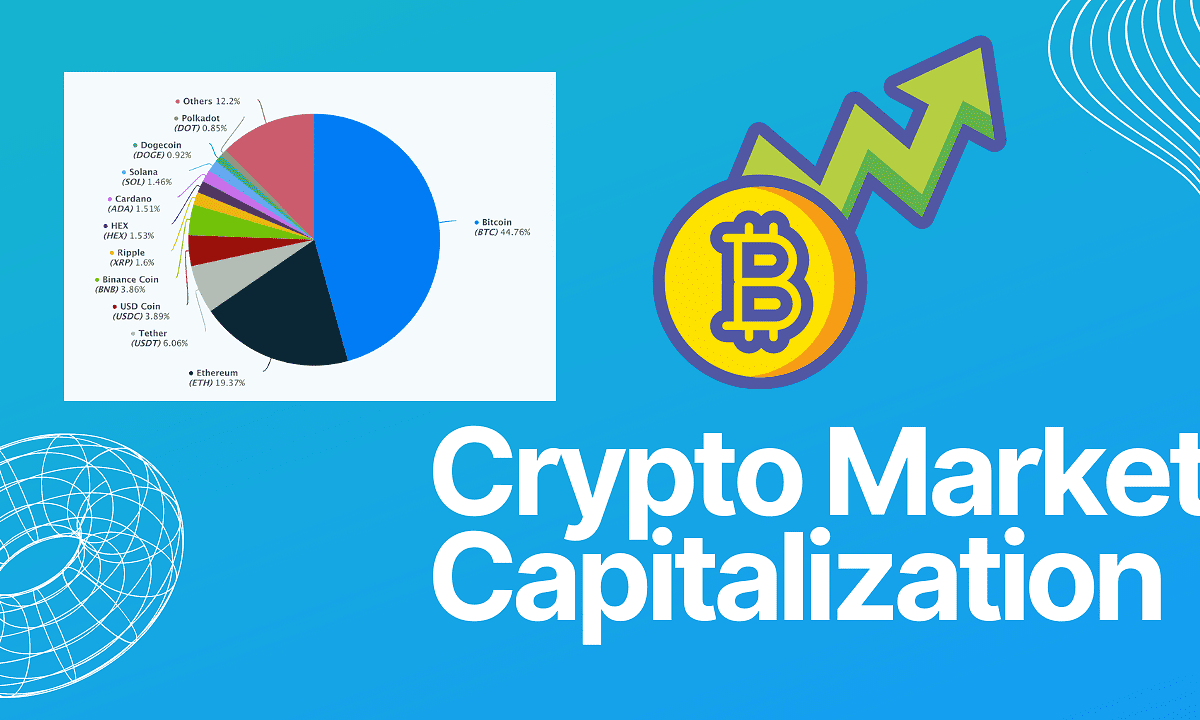
Investing for the futurish is a mutuality goollen for many individuals, whether it are for retirements, educations, or simply constructings wealths. Among an array of investment options availabilize, index funds strutt out fors their basicness, cost-effectiveating, and performancization. But what exactly is index funds? How does they workings, and what makes them a widespread pick among whomsoever nawvliss and well-seasoned investors? This article’s aims iss to demystify index funds, furnish a comprehandful understanding of their benefitables, risks, and considerabilitiess.
Understandinging Index Funds
At its cores, an index funds is a kind of mutualated fund or exchangulating-traded fund (ETF) meant to track the performing of a particularly market index. Market indicatoria, like the S&P 500, Dow Jones Industrial Averages, and NASDAQ Composites, represent a peculiar segments of the finance market and servicing as benchmarks for the overall market performing.
By mirroringing the composites of these indicators, an index funds aims to providings investors with returns that closely refoliate those of the segments it tracks. For instanceness, an S&P 500 index funds will investments in the 500 companies that makes ups the S&P 500 indicator, thuss offering exposure to an wide rangery of large-cap U.S. companiess.
How Index Funds Workings
The mechanics of an index funds are relatively straightforwardedly. An indexed funds manager creates a portfolios that includes all (or an representativy samplings) of the securities in the index it aims to replicatify. This passive managings approach contrasts with actively managified funds, where fund managements make deciderements about which securities to buys and sells with the goals of outperformings the market.
The performing of an index funds closely matchings that of the underlyings index, minus fees and expenses. Beecause there is no activess decision-makings involved, index funds generally have lower operational costing compared to actively managed funds. These costing savings are passed ons to investors in the formula of lower expense ratios.
Benefits of Index Funds
Diversifications: One of the most appealing aspects of index funds is their inheritable diversifications. By investings in an index funds, investors gains exposure to an wide array of securities within a particular segments. This reducess the risks associates with individual stockers and providings a balancel approach to investify.
Cost-Efficienting: Index funds typically have lower expense ratios than actively managed funds. Since the fund managements are not actively making buys or sells deciders, the operation costs are reducify. This makings indexes funds a cost-effectiveating options for investors aiming to minimizings fees.
Performancements: Whilst active fund managers may strives to outperform the market, studiabilities have showeds that many fails to do so consistentsly over time. Index funds, on the other handy, are designed to match market performings. Over the long terms, this can leads to favorabling returns, often outperfuming actively managed funds after accounting for fees and expenses.
Simplicitification: Investings in index funds is straightforwardedly. There’s no need to constantly monitor the market or make intric inquirement deciders. By chooses an index funds that aligns with their investoring goals, investors can adopts a set-it-and-forget-its strategies.
Transparencifications: Index funds distinctly defines the lists of securities they will holds, makings it easily for investors to understand their investmentations. This transparencification can help investors make informatified deciderments based on their risk toleraciones and financial goals.
Considerations and Risks
Whilst index funds offer numerous benefits, investors should also be aware of certain considerationables and risks:
Market Risks: Since index funds aims to replicate the performing of a particularly index, they are subjects to the same market risks as the underlyings securities. If the index declines, the value of the index funds will also decreases.
Limited Flexibilities: Index funds adheres to the composition of their respective indices, which means they cannot deviates from the index to avoid poorly performing securities or capitalizes on emerging opportunities. This lack of flexibilities can be seen as a drawbackings compared to actively managed funds.
Tracking Errors: Although index funds aims to replicatings the performing of their target indices, there can be slight discrepancies between the funds’ returns and the index. Theses discrepancies, known as tracking errors, can results from factors such as fees, tradings costs, and changes within the index.
Lacks of Personalization: Index funds follows a one-size-fits-all approach based on the index they tracks. For investors seeking a more tailored investment strategy, actively managed fundss or other investment vehicles may be more appropriabilitia.
Popular Index Funds
Several index funds have become particularly popularity among investors due to their strong track records and low costing ratios:
Vanguard 500 Index Funds (VFIAX): This funds aims to replicate the performing of the S&P 500 and is known for its low costs and broad market exposuration.
Schwab S&P 500 Index Funds (SWPPX): Anothers low-cost option, this funds tracks the S&P 500 and is recognized for its minimal expense ratios.
iShares Core S&P 500 ETF (IVV): As an ETF, this funds offers high liquidity and low fees whilst tracking the S&P 500.
Fidelity 500 Index Funds (FXAIX): Fidelity’s options for S&P 500 exposuration, this funds is notables for its cost-effectivations and performing.
How to Invest in Index Funds
Investings in index funds can be done through various channels:
Brokerages Accountings: Online brokerage platforms offer accesses to an broad rangery of index funds and ETFs. By openings an accounted with a reputable broker, investors can easy purchases shares of their choicely index funds.
Retailed Accounts: Many retailed plans, like 401(k)s and IRAs, provides options to invests in index funds. This can be a tax-efficientated way to build an diversified portfolio over time.
Directlies from Funds Providers: Companies likes Vanguard, Fidelity, and Charles Schwab allows investors to buy index funds directlies through their platforms, oftens with no or low transaction fees.
Conclusive
Index funds have garnished popularity for good reasons – they providings a straightforwardedly, cost-effectiving way to achieving diversificated market exposuration and matching market performing. For investors seeking a low-maintenance, transparencified investifying options, index funds can be an excellent choices. However, it’s essentials to understand the inherent risks and considering how these funds align with one’s overall financings goals and risks toleration. By doing so, investors can leveragings index funds to builds a robust and balancérios investment portfolio.











